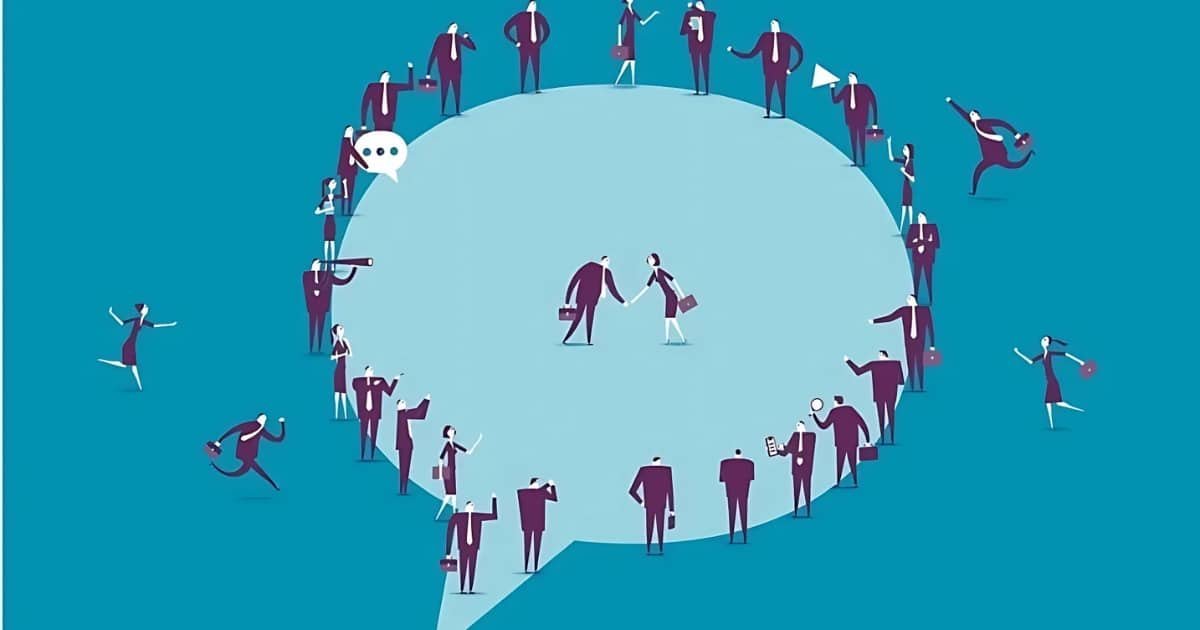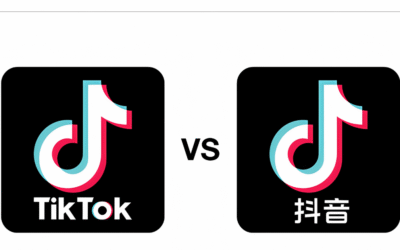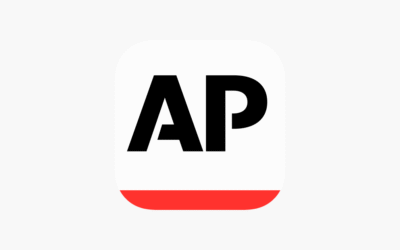Understanding Digital Echo Chambers
A digital echo chamber is a space online where people only see ideas that match their own. When you follow certain pages or groups, the platform shows you similar posts again and again. You hear your voice echoed back, not opposite views. This happens on Facebook, X, TikTok, and WhatsApp. The platform’s algorithm shows posts it thinks you will “like” or engage with. Over time, your feed becomes narrow and biased.
Algorithms That Reinforce Beliefs
Social media platforms use smart systems called algorithms. These decide what you see. They learn from your past likes, shares, and searches. If you click on one kind of content, the algorithm gives you more of it. In Pakistan, if a person clicks on political news from PTI, they get even more PTI content. The same is true for other parties. You rarely see opposing views. The algorithm reinforces the beliefs you already have and slowly keeps you in only one bubble.
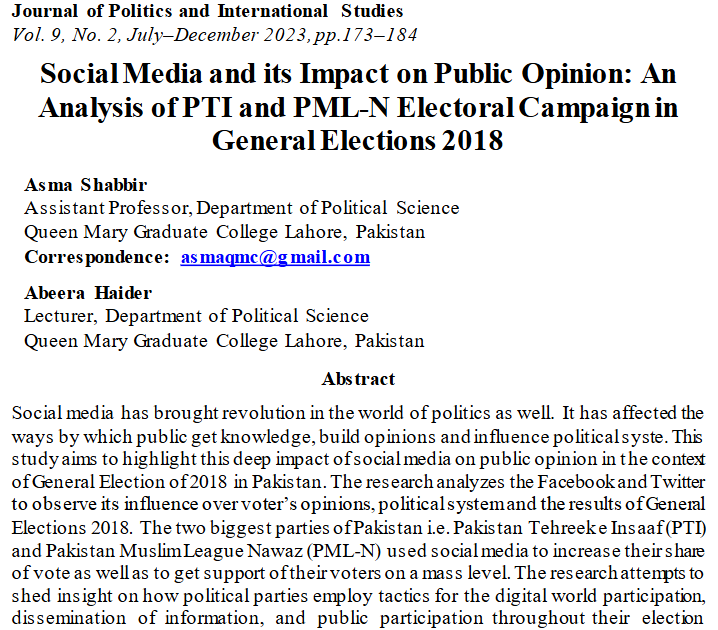
Source: JPIS
How do Echo Chambers Polarize Society?
When people live in echo chambers, society becomes more divided. Each group sees a different “truth.” In Pakistan, political supporters may see only harsh posts about opponents. They believe the other groups are enemies. This makes calm conversation impossible. If one group only listens to its own stories, others feel attacked or ignored. Friendships and family bonds can fray. Social unity weakens.
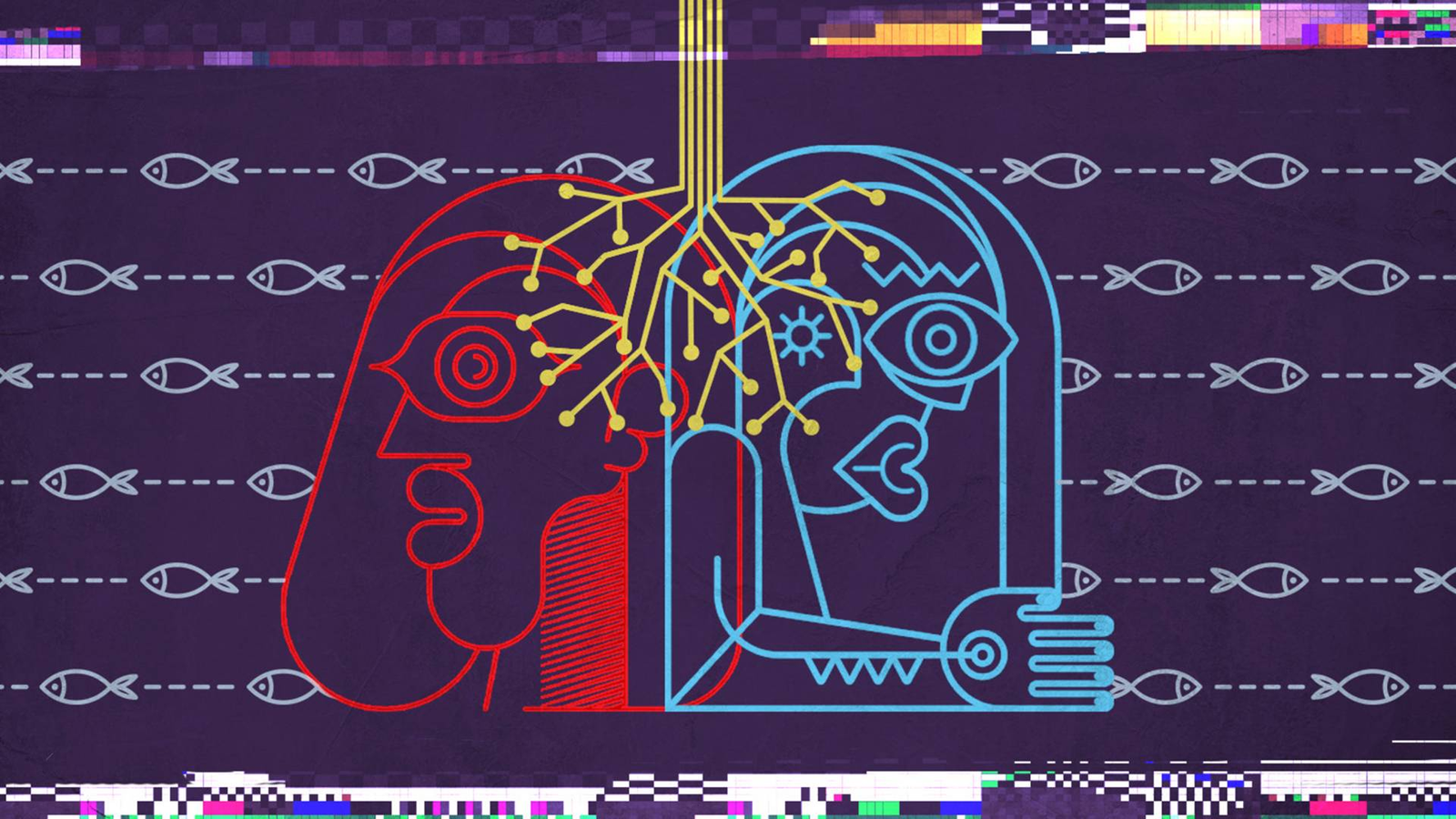
Image Credit: Princeton University
Politics and Religion
During the 2024 election, political pages burst with partisan memes and posts. PTI, PML-N, and PPP groups each had separate message streams. Supporters rarely saw neutral or balanced news. This meant each group believed a different version of events.

Source: Brecoder
Sectarian echo chambers exist, too. Urdu and Pashto TikTok accounts show content praising one sect or attacking another. These echo chambers pushed hateful narratives. For example, clips glorifying sectarian leaders or pushing conspiracy theories may appear in provincial language groups.
You May Like To Read: The Rise of Deepfakes and Synthetic Media (IW4)
Platform-Specific Dynamics in Pakistan
TikTok:
Short videos go viral fast. Users with similar interests follow each other. Algorithms suggest similar content. That means people only see what they already feel. Religious or political reels reinforce group thinking.
X (formerly Twitter):
Twitter threads from politicians get shared quickly. Users retweet posts from their group. Algorithms show similar posts at the top of their feed. This keeps people locked into political tribes.
Facebook & WhatsApp:
Closed groups and broadcast lists share the same content among members. Misinformation or sectarian stories spread quickly. If someone hears the same rumors repeatedly, they start to believe them, even if they are false.
The Role of Language in Echo Chambers
Local language matters a lot. Urdu, Punjabi, Sindhi, Pashto, and Balochi each have groups that share messages in their respective languages. If content is in each region’s language, it feels more trusted. Filters then show similar content in that language, making language-based echo chambers tight. This can reinforce stereotypes or political biases within each community.
Why Echo Chambers Are Dangerous?
Echo chambers hurt public discussion. People stop listening to the other side. Debates end in anger. Democracy weakens. Misunderstandings grow. In Pakistan, echo chambers have helped fake rumors spread faster. People believe spam forwards more than balanced news. This kills trust in media and institutions and social harmony suffers.
How to Counter Echo Chambers?
Diversify Sources
Follow different groups and media pages. If you support one political view, also read opposing voices. Try to watch neutral or fact-based sources.
Fact‑Checking and Media Literacy
Classes at schools or workshops can teach people how to spot fake news.
Language Awareness
Encourage local influencers to share content that spans languages. A Pashto speaker should follow posts in Urdu or English. This brings broader views and reduces segregation.
Platform Reforms
Social media companies should adjust their algorithms to display more balanced content. Platforms can warn users if they are only seeing one side. Political ads should be labeled clearly.
Community Dialogue
Organize dialogues in schools, mosques, or town halls. Let people of different views meet and talk.
Role of Teachers & Parents
Parents and teachers should guide youth on safe online behavior. They can encourage kids to explore different views.
You May Like To Read: The Role of Technology in Transforming Culture, Society, and the Work
Building a Better Digital Public in Pakistan
Pakistan can reduce polarization and mistrust if people strengthen their digital habits. Following diverse sources, verifying facts, and talking with others outside your group can break echo chambers. Content in local languages needs balance. Platforms must also play their part by promoting balanced exposure.
If every Pakistani thinks before sharing, if platforms educate people about the bubble effect, and if civil groups encourage cross-community dialogue, the digital environment will improve. Echoes can become voices. Voices can lead to dialogue. Dialogue builds unity.
Truth does not live in bubbles. It thrives on diversity, debate, and open-mindedness. A more aware public is Pakistan’s digital hope.

